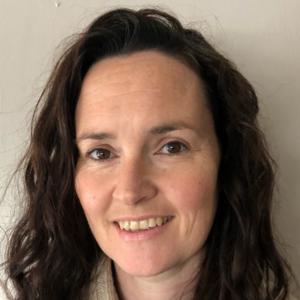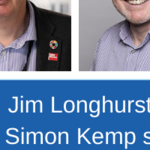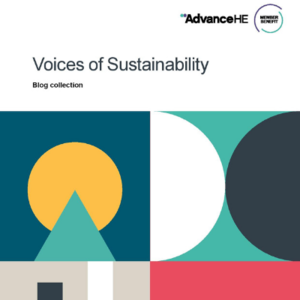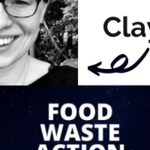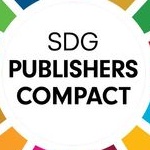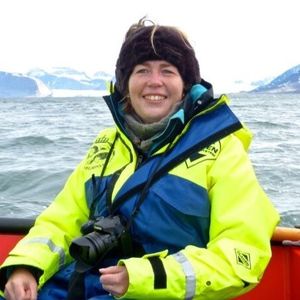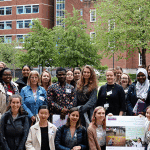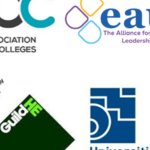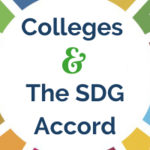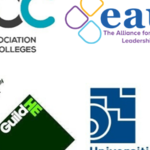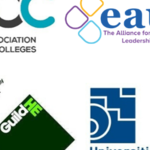Blogs
Welcome to the EAUC blog! You will find a mixture of articles by our educational members, strategic partners, company members, and of course, ourselves. The featured articles show what is happening across the sector.
Please be mindful that the views and opinions expressed here belong to the blog author therefore are not necessarily reflective of the views and opinions of the EAUC.
If you have an article you would like to submit, or would like the article specification, just email us.
This is a reproduction of an article by Christine Calder, Academic Development Lead at Dundee and Angus College and one of the EAUC-Scotland Education for Sustainable Development Topic Support Network Convenors, and Betsy King, Development Manager at Learning for Sustainability Scotland, for Inspiring Lecturers, a publication by the General Teaching Council for Scotland (GTCS), Colleges Scotland, and The Educational Institute of Scotland (EIS). It outlines the general context for Education for Sustainable Development.
EAUC Trustees Simon Kemp and Jim Longhurst were centrally involved in developing the new QAA Guidance for the Higher Education Sector on Education for Sustainable Development. They share an outline of the guidance.
This collection of blogs from Advance HE provides diverse perspectives and ideas of sustainability in higher education, including contributions from Fiona Goodwin - Director of Operations and Planning at EAUC, Manveer Gill - Student Climate Commissioner and Professor Joy Carter - VC at University of Winchester and Climate Commissioner
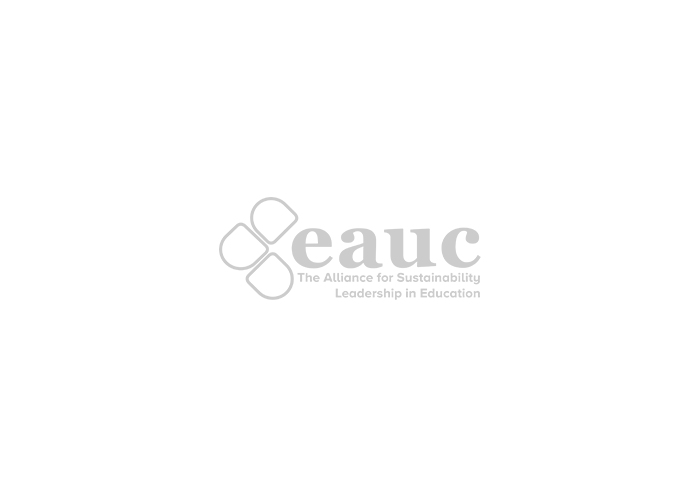
The research community can only tackle the huge challenges posed by climate change and biodiversity loss by working together to embed sustainability at the very heart of higher education research and innovation, says Alison Robinson, NERC Deputy Exec...
Salix Finance's Natasha Mylett looks at how universities across the UK are continuing to develop and deliver their estate-wide carbon management plans in spite of the pandemic and a number of challenges facing Higher Education institutions.
The Heat Networks Investment Project (HNIP) team has written an article which focuses on how universities can benefit from HNIP funding and why heat networks are suited to campuses.
Sarah Clayton, Head of Citizen Behaviour Change at WRAP gives us the lowdown on the brand new WRAP campaign 'Food Waste Action Week' which runs 1st - 7th March 2021.
Student Magda Núñez talks about about how to better engage with your community on sustainability.
Sharon Parkinson, Senior Journals Publisher at Emerald Publishing, explores how the United Nations Sustainable Development Goals Publishers Compact is designed to inspire action among publishers and accelerate progress to achieve the Sustainable Development Goals (SDGs) by 2030.
Alison Robinson, Deputy Executive Chair at NERC, talks about the need to embed sustainability at the heart of higher education research and innovation to tackle the huge challenges posed by climate change.
Ecologist Dr Cecilia Medupin explains how engaging women from diverse backgrounds is a catalyst to environmental change.
Richard Murphy, Managing Director at The Energy Consortium, looks at what we can do to start to decarbonise our lives and institutions as we work towards achieving Net Zero.
Sonya Peres, Climate Commission Officer for the Climate Commission for UK Higher and Further Education discusses the Commission's findings on the need for comprehensive GHG emissions reporting, with insight from Commissioners Jim Longhurst and Manveer Gill.
Matthew Green, Head of Commercial Services at South Devon College explains how the mandatory reporting requirement of the SDG Accord has really helped them improve their sustainability as a college.
Sonya Peres, Climate Commission Officer for the Climate Commission for UK Higher and Further Education, discusses how UK research can be harnessed to drive impactful climate action.
Pitch In is a project developed and delivered by Fidra in collaboration with KIMO International. The project aims to end microplastic pollution from 3G artificial turf. Fidra's work uses information collated from researchers, industry, government and other NGOs along with best available science, to establish and inform a wider dialogue with the 3G artificial turf industry, and the communities who use and benefit from them, on how to end microplastic pollution from 3G turf.
Hey Girls is a social enterprise based in Scotland, on a mission to end period poverty in the UK. We launched in 2018, by founder and CEO Celia Hodson and her two daughters Kate and Becky. It all started with a heated discussion that resulted in a simple goal – how to tackle ‘period poverty’ in a sustainable way.
The proportion of disabled[1] people is rising, and it is estimated that ONE billion people (15% of the population) is disabled according to the World report on disability (World Report on Disability, 2011). Disability is much more common in low and middle-income countries. There are many definitions of disability.
Sonya Peres, Climate Commission Officer for the Climate Commission for UK Higher and Further Education Students and Leaders talks about how institutions can and should respond to the Climate Crisis.
A disorder in reality might lead to an enduring desire for order in thoughts (Held, 2013:220). Since this pandemic is changing our reality as we have discussed in our first blog. We must seek a positive order in thoughts. The uncertainty in this disorder carries fear and unpredictability. While, it is evident that there is a diversity and heterogeneity in individual responses to uncertainty (Honkasalo, 2008:492) we shall try to conquer our fear and channel our motivation to positive thinking.

